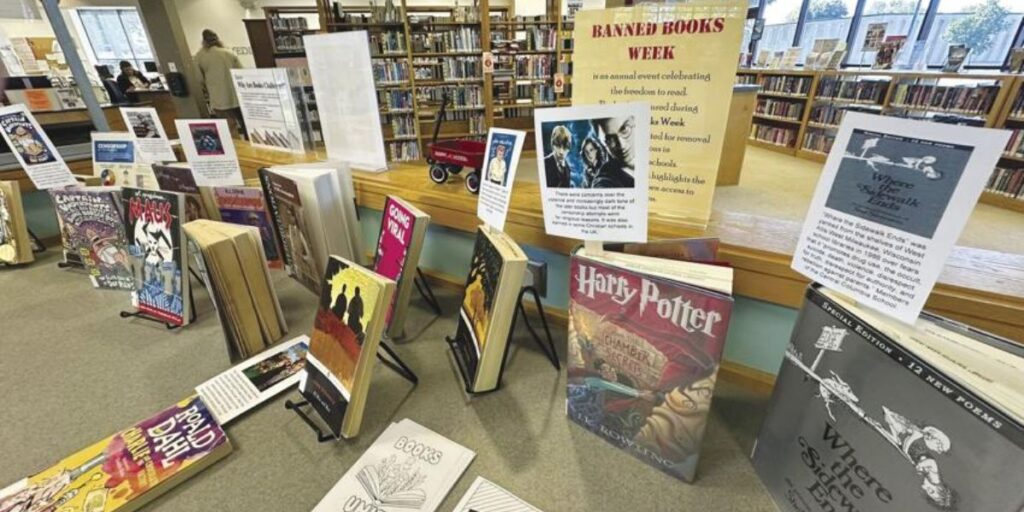Utah has recently found itself at the center of a heated debate over book bans in public schools, after 13 titles were officially removed from school libraries across the state.
The decision comes amid a national wave of book challenges, sparking concerns about censorship, freedom of expression, and the role of schools in shaping young minds.
Why Were These Books Banned?
The Utah State Board of Education and several local school districts have cited the state’s H.B. 374 law, also known as the “Sensitive Materials in Schools” law, which took effect in 2022.
The law restricts materials considered “pornographic” or “indecent” from being accessible to students in public schools.
The law was introduced with the intention of protecting children from sexually explicit content. However, critics argue that the vague language of the law opens the door for broader censorship, disproportionately targeting books that deal with LGBTQ+ issues, race, abuse, and trauma.
What Books Are on the Banned List?
Though the exact list may vary slightly between districts, the 13 banned books include several nationally recognized titles, many of which have won literary awards or are frequently taught in schools across the country.
Some titles reportedly removed from libraries include:
- Gender Queer by Maia Kobabe
- The Bluest Eye by Toni Morrison
- Looking for Alaska by John Green
- This Book Is Gay by Juno Dawson
- Out of Darkness by Ashley Hope Pérez
These books have been challenged due to content involving sexuality, identity, abuse, and trauma, even though many offer educational or literary value.
Parents, educators, and activists are now questioning where the line should be drawn between protecting children and limiting access to diverse perspectives.
Public Reaction and Backlash
The bans have sparked intense public debate in Utah and across the country.
Free speech advocates and educators argue that such actions amount to censorship, and they fear a chilling effect on teaching controversial but important topics.
Students and parents alike have spoken out, with some expressing disappointment that important voices and stories are being silenced.
Supporters of the ban, on the other hand, insist that schools should not be exposing minors to content that they deem inappropriate or sexually explicit.
What Happens Next?
Several advocacy groups, including the American Civil Liberties Union (ACLU) and PEN America, are monitoring the situation in Utah closely. Lawsuits and legal challenges are possible if book bans continue to escalate.
Some school districts have also begun re-reviewing previously challenged books in light of public pressure, suggesting the list of banned materials may evolve over time.
The Bigger Picture
Utah is not alone. Similar book bans have been proposed or enacted in Texas, Florida, Missouri, and Tennessee, often involving books that discuss race, gender identity, and sexual orientation.
The national conversation continues to revolve around the balance between parental rights and students’ right to access information.




More Stories
Utah 13 Books Banned: What’s Behind the Controversy?
Utah 13 Books Banned: What’s Behind the Controversy?
Utah 13 Books Banned: What’s Behind the Controversy?